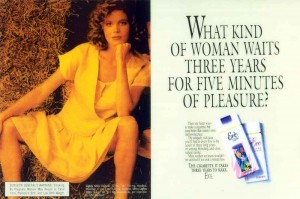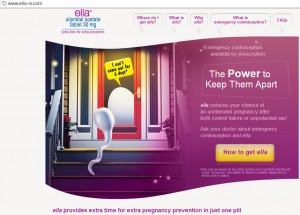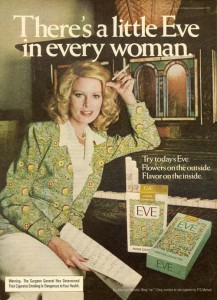From our female fairy tales, we observe that young women must steer clear of the dangers of “mirrors” and “mothers” to chart their path to womanhood. Today, we look at 3 more themes from our enduring tales of passage from youth to womanhood.
Care-giving. One of the least subtle of themes, the giving of self – and caring for others – resounds throughout our female fables. Whether Snow White lovingly tidies up after the 7 strange little men who took her in, or Cinderella washes yet another spotless floor upon demand by her heartless stepmother, or Belle tenderly dresses the wounds Beast incurred in her protection, we readily soften to the nurturing and tenderness and yielding these young women express in harrowing, uncertain and even abusive circumstances. Unlike male tales, women’s stories rarely celebrate a strategic assault, killing the villain and overcoming injustice. While history certainly offers examples of courageous women warriors, these are not the tales through which women bond to their female young. Interestingly, our tales of care-giving do not feature babies or young children – a nurturing function that many women will pursue, but not necessarily so. Instead, the virtue emerges from responding to difficult, puzzling and even threatening adults with a willingness to tend, take risk and even find humor.
Beauty. The Disney revisions and take-offs on our female fairy tales has enhanced, in my opinion, what we hold dear as female beauty. While the more traditional versions might be read (unfairly I think) to tether achievement of female beauty upon the arrival of the prince, modern renditions seem more to reward the achievement of beauty with the prince. Ariel, for example, must discover and recover the value of her “voice” to mature from childish notions to the understanding that what the world might find pretty bears little relationship to womanly beauty.
The magnificent tale Shrek 1, however, pulls together the themes of our female fairy tales, with the delightfully modern twist that the Princess finds her authentic beauty only when the “curse” of her physical beauty is finally lifted. Fiona’s initial assumption – like every little girl – that beauty is the same as prettiness is dispelled by the kiss of love – a love for the true beauty within her.
Men. I saved men for last – for our fairy tales are rich in lessons about men, and how we learn, as worthy, adult women, to distinguish the good from the naughty from those needing improvements a woman’s touch will not bestow. These are subtle but desperately important distinctions for most women who will seek to couple, and for other women who will, nevertheless, interact with men throughout their lives.
Cads. In our fairy tales, we introduce girls to cads: “an ill-bred man, especially one who behaves in a dishonorable or irresponsible way toward women.” Who takes the Cad Award: Gaston – a muscular, physically exaggerated, conceited bachelor (Beauty and the Beast, “Here in town there’s only she, who is beautiful as me, so I’m making plans to woo and marry Belle”) OR Lord Farquaad – disturbingly disproportioned, pompous and righteous (Shrek I, ‘Some of you may die, but that is a sacrifice I am willing to make.”) ?
Fathers. The fathers of Belle and Ariel well represent the range of men women collectively know make reliable, if eccentric, partners and fathers to their children. Belle’s father is nutty; Ariel’s father, blusterous – but both are loyal and available to their children even as they are occupied with the work to which they devote themselves. These are fathers who feel protective of their daughters, but, as their girl children leave their care, are blessedly inept to stop their course. Fathers can remain in the fairy tale because most “good” fathers love their daughters unconditionally but do not ordinarily try, as mothers may be tempted, to micro-steer their daughters’ course to womanhood.
Good Men. A “prince” of a man, we learn from our female fables, might be handsome, daring or powerful, he might be a prince or a frog or an ogre, he might or might not be our “happy ever after” – but, more than anything, he is a man who loves the “sacred” within other people; a man who is just, matured and does not see or treat other people as objects in his path to pleasure or elsewhere. He is a man whose respect – and even love – we strive to achieve because it acknowledges and rewards the sacred within us, within all people.
I will close this fairy tale reflection with Elizabeth Hanna’s own words, for it is as true of every woman of every age as it is true of the princesses we honor in our female tales: “And the sacred within her is the most important part of her. She nurtures it, she adorns it, and she shares it. The beautiful woman loves. And when a woman loves, her angel wings take her higher than any plastic Victoria’s Secret imitation ever could.”




